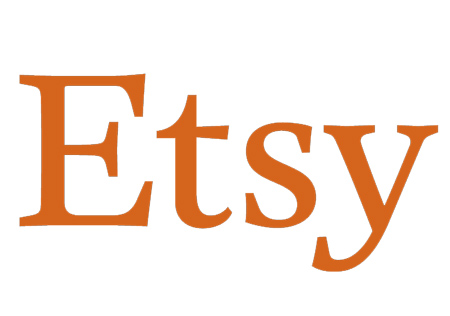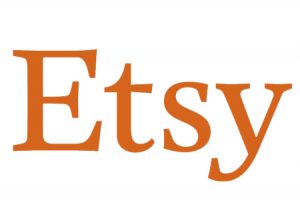
A seller said Etsy required them to provide the last four digits of their bank account number, credit card number, and social security number in order to get customer service help through Etsy chat.
The seller said in a post on the Etsy discussion boards, “It also notifies you that you will be working with an undisclosed 3rd party for your help. They did resolve the matter but still I am concerned about handing over this detail to unidentified strangers in a foreign country providing service on Etsy’s behalf.”
Some sellers were immediately skeptical whether Etsy would require sellers to provide personally identifiable information (PII) to deal with what the original poster said was a technical issue, and were very concerned the seller might have been scammed.
In June, we reported on a scam targeting Etsy sellers with a very convincing message to try to defraud them, and in August, Etsy published a post urging sellers to be careful of scams. It included the following information to help sellers understand what information it might collect:
“Be cautious with requests for personal information like your email address or financial details, especially if it seems unnecessary or suspicious. Etsy will never ask you to respond directly with personal or account information via Etsy Messages, email, or social media. If we need to inform you of missing or required information, we’ll always provide an Etsy.com link or instructions on how to complete the requirements on our site, so that you don’t have to share any information as a direct response.”
It didn’t specifically mention Etsy chat in its advice.
The original poster was convinced the chat agent legitimately represented Etsy since they resolved their problem. But they were very concerned at the level of information they had to provide a representative without knowing which third-party firm Etsy was using.
A seller linked to another thread from last month where sellers had also been concerned about the legitimacy of the person on the other end of email or chat conversations purporting to represent Etsy.
How confident are you that the customer service rep on the other side of the conversation is legitimate, whichever service you’re communicating with? Are you happy with the steps online marketplaces and ecommerce platforms take to protect your account and educate you about possible scams?





Just did this with the IRS’s subcontractor idme. It’s only a matter of when, not if they get hacked and expose this trove of personal information. They tell you it’s for our security, but it’s only for the IRS’s security. They should be required to destroy the info immediately after they verify you, but as we see over and over with companies like Experian, we’re not the customer. Etsy is consistent in showing us this as well.